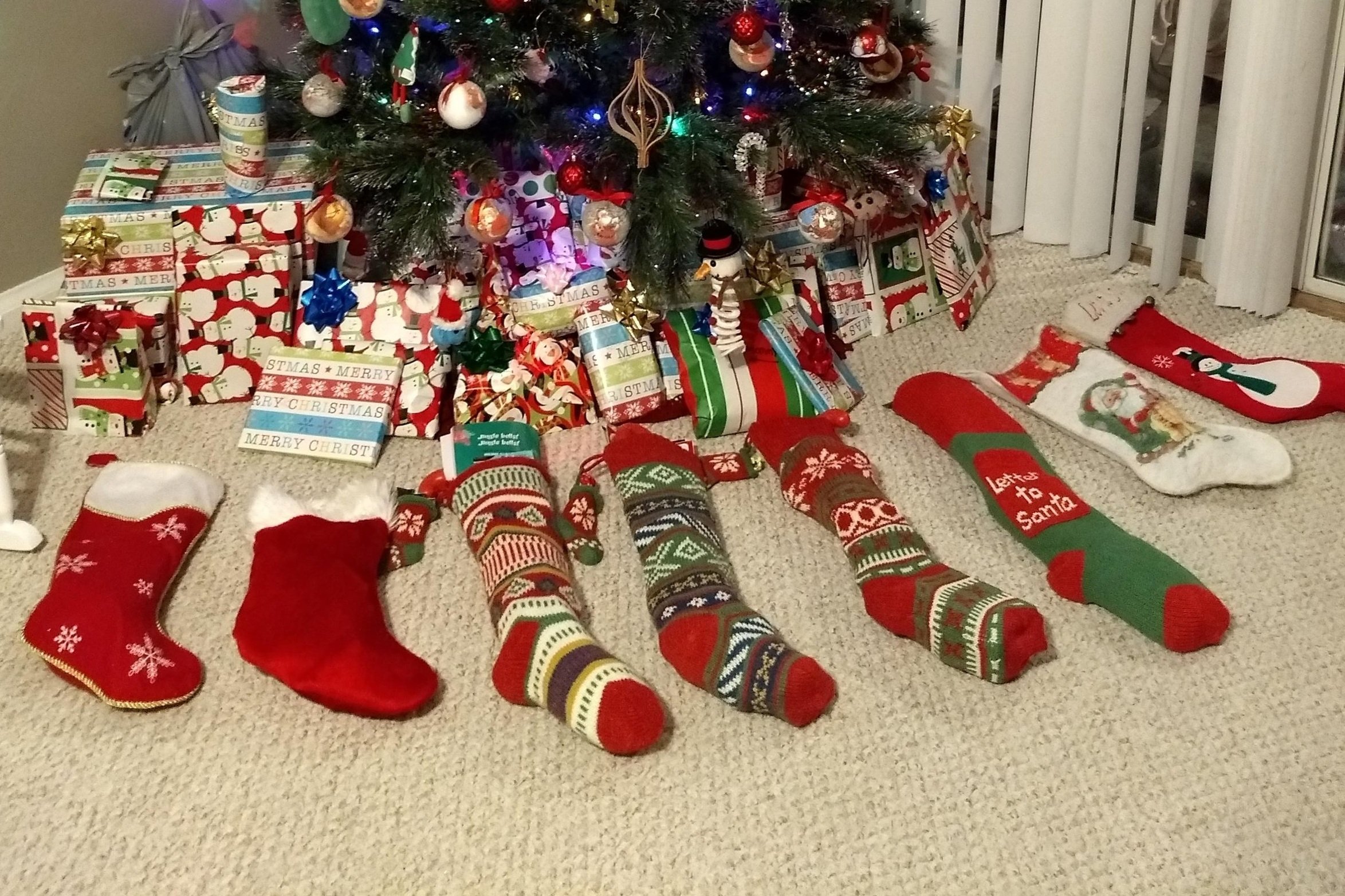Hopkins and the Fully Good News
My undergraduate studies were a whirlwind of genetics, chemistry, and computer science. In a world of logical analysis and computational syntax, there was plenty of room for creative problem-solving and critical thinking, but little room for expression.
So I pursued a minor in creative writing and found a place of respite in the works of Gerard Manley Hopkins. His writing fanned a warm flame in my heart and gave language to my young and burgeoning faith.
His aggressive use of rhyme and alliteration seemed prophetic, even futuristic. Read aloud, his lyrics wouldn't seem out of place as a spoken word piece today.
Hopkins's use of natural imagery is woven seamlessly with reflections on Christian spirituality and humanity's plight, grounding his works firmly in the present even as one present replaces the next. His works remain accessible and relatable for generation after generation.
But it was his tendency to paint a nuanced recognition of the paradoxes and mysteries of Christian theology that drew me back again and again. The most striking of this trend is readily apparent in my favorite piece, “The Caged Skylark.”
A simple skylark ought to be full of song with its memories of soaring, wings spread, above the landscape; yet Hopkins's skylark finds itself trapped in a cage, with a dead song and faded memories.
The metaphor is directly stated. This poor bird represents the human soul, trapped in a flesh cage, yearning for a freedom that Hopkins implies can only come when the soul is released (presumably at death).
It's only in recent years that I've become more and more aware of my tendency to see this deep divide between the physical and the spiritual. It's a heresy as old as the Christian faith, deeming what we see and feel as inherently opposed to that which we cannot see. It's a dualism between the soul and the body, the yin and yang of our "higher" nature and our physical form.
We believe this divide is obvious. For it's in the body that I am most aware of the fallen nature of my world. The occasional day-hampering headache; the ache in the back after a day of raking the yard; the persistent, nagging cough of winter.
But with a few moments of reflection, we must also realize that it's in the physical form that we see glimpses of what God intended for good in the first creation. From a sunset on the ocean to an evening shower on the lake to a soft breeze along a hike to the adorable laugh of a happy baby.
Both our physical and spiritual realities have been stricken by the fall and are in desperate need of repair.
The reality of the Gospel is one that beckons us to a new creation. And while the ultimate goal is a fully realized new Heaven and new Earth, complete with both physical and spiritual realities, scripture speaks again and again of a new creation constantly in progress (the theological word we use for this is sanctification).
"Man's spirit will be flesh-bound, when found at best" - it's the line that turns the caged skylark into a free bird, even within the confines of the cage. It's not that the body is bad and the spirit is good. Instead, both are shadows of what is to come, one day to be brought forward and fully renewed in the coming age.
To put it clearly and directly, the work of Christ is not solely a stamped ticket to a future destination, but membership into a reality-transforming partnership today, even while we're soul-tired and body-encumbered. The Gospel is at work mending both soul and body and bringing them into union, to flap our wings and sing as we can with our weak voices, until the cage of sin-marred reality is behind and we can rise high and our song float above the clouds.
As a dare-gale skylark scanted in a dull cage,
Man's mounting spirit in his bone-house, mean house, dwells
That bird beyond the remembering his free fells
This in drudgery, day-labouring-out life's age.
Though aloft on turf or perch or poor low stage
Both sing sometímes the sweetest, sweetest spells,
Yet both droop deadly sómetimes in their cells
Or wring their barriers in bursts of fear or rage.
Not that the sweet-fowl, song-fowl, needs no rest —
Why, hear him, hear him babble & drop down to his nest,
But his own nest, wild nest, no prison.
Man's spirit will be flesh-bound, when found at best,
But uncumberèd: meadow-down is not distressed
For a rainbow footing it nor he for his bónes rísen.
-The Caged Skylark, Gerard Manley Hopkins





